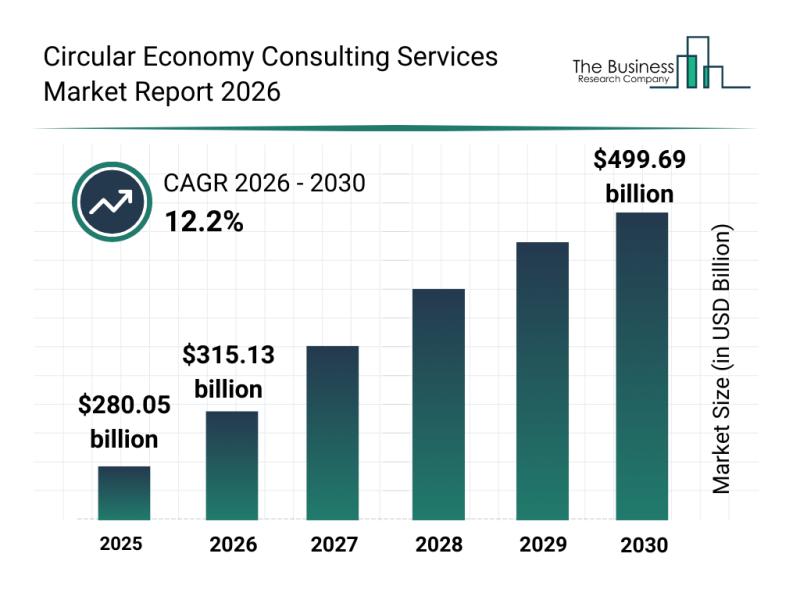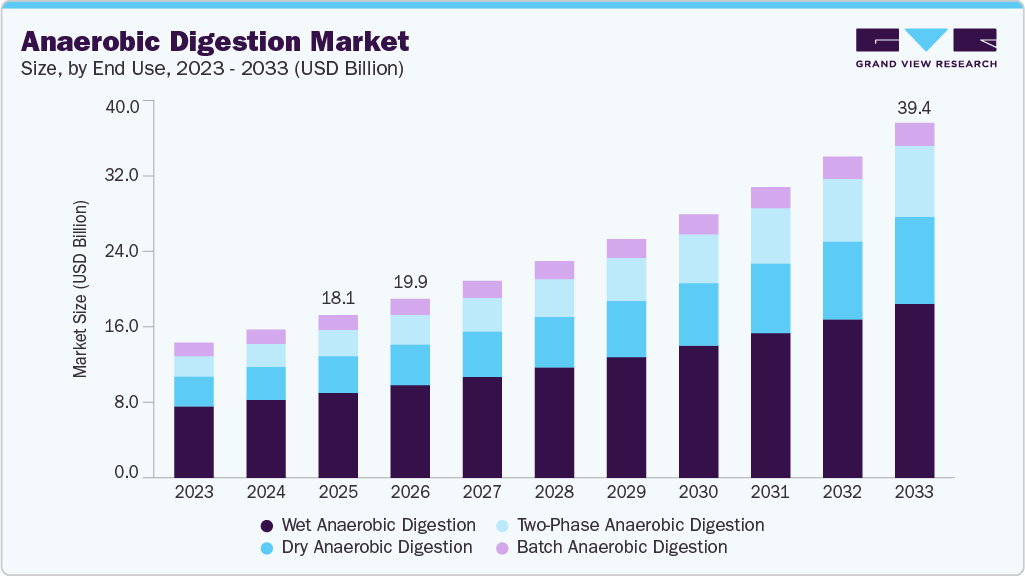Greece Ignites a Global Movement for Sustainable Tourism with a Powerful Vision to Protect Heritage, Empower Communities, and Redefine the Future of Travel – Travel And Tour World

Report on the ‘Reimagine Tourism in Greece’ Initiative: Aligning with the Sustainable Development Goals
Introduction
The third annual ‘Reimagine Tourism in Greece’ conference, scheduled for November 18-19 in Athens, is set to address the critical need for a sustainable and resilient tourism sector. The event will convene global experts and national leaders to formulate a long-term vision for Greek tourism that integrates environmental, cultural, and community-focused strategies. This report outlines the conference’s key objectives and their direct alignment with the United Nations Sustainable Development Goals (SDGs).
Core Thematic Areas and SDG Alignment
The conference agenda is structured around key pillars of sustainable development, aiming to create a unified national strategy that embeds sustainability into all future policy and industry practices. The primary discussion areas include:
- Sustainable Urban and Community Development (SDG 11): The conference will prioritize discussions on spatial planning to manage tourism expansion, prevent overdevelopment, and protect local communities. This directly addresses SDG 11 (Sustainable Cities and Communities) by aiming to make human settlements inclusive, safe, resilient, and sustainable. The impact of short-term rentals on local housing will also be examined as part of this theme.
- Decent Work and Sustainable Economic Growth (SDG 8): A central goal is to foster a resilient tourism sector that provides stable, year-round employment and supports local entrepreneurs. By promoting sustainable growth that benefits local economies, the initiative strongly supports SDG 8 (Decent Work and Economic Growth).
- Responsible Consumption and Production (SDG 12): The event will emphasize the integration of sustainable practices across the tourism value chain. This includes promoting eco-friendly operations, waste reduction, and the use of renewable energy, which are core components of SDG 12 (Responsible Consumption and Production).
- Protection of Cultural and Natural Heritage (SDG 11.4): A significant focus is placed on safeguarding Greece’s unique cultural and natural assets. Discussions will cover effective management and conservation strategies for historic landmarks and traditions, directly contributing to Target 11.4 of the SDGs, which calls for strengthening efforts to protect and safeguard the world’s cultural and natural heritage.
- Resilient Infrastructure and Innovation (SDG 9): The conference will address the need for strengthening tourism infrastructure, including transport, accommodation, and public facilities. The focus is on ensuring that development is sustainable and responsible, aligning with SDG 9 (Industry, Innovation, and Infrastructure) by building resilient infrastructure and fostering innovation.
Stakeholder Collaboration for the Goals (SDG 17)
The conference exemplifies SDG 17 (Partnerships for the Goals) by bringing together a diverse group of stakeholders from the public sector, private industry, and international organizations. This collaborative approach is essential for achieving shared sustainability objectives.
Distinguished Participants
- Kyriakos Mitsotakis: Prime Minister of Greece
- Shaikha Nasser Al Nowais: Secretary General of UN Tourism
- Gloria Guevara: Former President and CEO, World Travel and Tourism Council
- Olga Kefalogianni: Minister of Tourism, Greece
- Ioannis Paraschis: President of SETE
- James Riley: CEO of East India Hotels
- Pierfrancesco Vago: Executive Chairman, Cruise Division at MSC Group
- Matteo Sarzana: Head of Airbnb for Italy and Southeast Europe
Strategic Vision for Future Tourism Development
The long-term vision emerging from the conference aims to establish an integrated model for tourism development that balances economic opportunity with ecological and cultural preservation. Key components of this vision, which support multiple SDGs, include:
- Revitalizing cities and towns through sustainable tourism investment (SDG 11).
- Supporting local entrepreneurs and ensuring community benefit-sharing (SDG 8).
- Promoting year-round tourism to alleviate seasonal pressures and ensure stable employment (SDG 8).
- Encouraging robust public-private partnerships to drive sustainable progress (SDG 17).
Conclusion
The ‘Reimagine Tourism in Greece’ conference marks a pivotal moment in the nation’s commitment to sustainable development. By systematically aligning its tourism strategy with the SDGs, Greece is positioning itself as a global leader in responsible travel. The outcomes of this conference are expected to provide a foundational framework for a tourism model that protects cultural and natural heritage, empowers local communities, and ensures long-term economic resilience, contributing positively to the 2030 Agenda for Sustainable Development.
Analysis of Sustainable Development Goals in the Article
-
Which SDGs are addressed or connected to the issues highlighted in the article?
The article on Greece’s “Reimagine Tourism” initiative addresses several Sustainable Development Goals (SDGs) by focusing on creating a tourism sector that is economically beneficial, socially inclusive, and environmentally sustainable. The key SDGs identified are:
- SDG 8: Decent Work and Economic Growth: The article emphasizes creating a resilient tourism sector that benefits local communities, supports local entrepreneurs, and promotes year-round tourism to provide stable economic opportunities. This aligns with the goal of promoting sustained, inclusive, and sustainable economic growth.
- SDG 9: Industry, Innovation and Infrastructure: The conference’s focus on “Tourism Infrastructure in Greece” highlights the need to build resilient and sustainable infrastructure, including transport, accommodation, and public facilities, to support sustainable growth and enhance visitor experiences.
- SDG 11: Sustainable Cities and Communities: The article’s central theme of preserving “Greek cultural heritage” and “natural landscapes” directly connects to this goal. It also discusses “spatial planning” to prevent overdevelopment, “revitalizing cities and towns,” and managing the effects of short-term rentals on local communities and housing.
- SDG 12: Responsible Consumption and Production: The call to expand “sustainable tourism practices” such as “eco-friendly hotels and waste reduction to renewable energy” reflects the goal of ensuring sustainable consumption and production patterns within the tourism industry.
- SDG 15: Life on Land: The article mentions the importance of protecting Greece’s “unique natural assets,” “natural landscapes,” and “natural ecosystems,” which is a core component of this SDG, focusing on the sustainable use of terrestrial ecosystems.
-
What specific targets under those SDGs can be identified based on the article’s content?
Based on the discussions and themes mentioned in the article, the following specific SDG targets can be identified:
- Target 8.9: “By 2030, devise and implement policies to promote sustainable tourism that creates jobs and promotes local culture and products.” The article directly supports this by discussing a “unified national strategy” for sustainable tourism that supports “local entrepreneurs and communities” and strengthens “local economies.”
- Target 9.1: “Develop quality, reliable, sustainable and resilient infrastructure… to support economic development and human well-being.” The focus on modernizing and expanding “tourism infrastructure in Greece… from ports and airports to public transit and hospitality facilities” in a responsible manner aligns with this target.
- Target 11.4: “Strengthen efforts to protect and safeguard the world’s cultural and natural heritage.” This is a primary focus of the article, which repeatedly emphasizes “preserving Greek cultural heritage,” “safeguarding historic landmarks,” and protecting “ancient monuments, historic cities, and natural landscapes.”
- Target 11.a: “Support positive economic, social and environmental links between urban, peri-urban and rural areas by strengthening national and regional development planning.” The theme of “Spatial Planning” to manage tourism expansion and the goal of creating an “integrated model that balances economic opportunity with ecological and cultural preservation” reflect this target.
- Target 12.b: “Develop and implement tools to monitor sustainable development impacts for sustainable tourism…” The article’s push for the “adoption of such initiatives” as “eco-friendly hotels and waste reduction to renewable energy” implies the need for monitoring and implementing sustainable practices across the industry.
- Target 15.1: “By 2020, ensure the conservation, restoration and sustainable use of terrestrial and inland freshwater ecosystems and their services…” The article’s commitment to protecting Greece’s “unique natural assets” and “natural ecosystems” from the pressures of tourism is directly related to this target.
-
Are there any indicators mentioned or implied in the article that can be used to measure progress towards the identified targets?
The article does not mention official SDG indicators, but it implies several ways to measure progress towards the identified targets:
- For Target 8.9: Progress can be measured by the implementation of a “unified national strategy” for sustainable tourism. Implied indicators include the growth of “year-round tourism” to reduce seasonality, the number of “local entrepreneurs” supported by tourism investment, and the overall “social and economic well-being for the communities that rely on tourism.”
- For Target 9.1: An implied indicator is the level of investment in “sustainable projects” for infrastructure. The modernization of “ports and airports” and the expansion of “public transit” in line with sustainability principles would serve as a measure of progress.
- For Target 11.4: Progress could be measured by the implementation and effectiveness of “management and awareness programs” for heritage sites. The amount of public and private investment allocated to “heritage preservation” is another key implied indicator.
- For Target 11.a: A key indicator would be the development and enforcement of “spatial planning” policies that prevent “overdevelopment” and protect communities. The level of “cooperation between the public and private sectors” in regional development would also be a measure of success.
- For Target 12.b: The rate of “adoption of sustainable tourism practices” across the industry is a primary implied indicator. This could be measured by the number of hotels with eco-certifications, the implementation of “waste reduction” programs, and the use of “renewable energy” in tourism operations.
- For Target 15.1: The effectiveness of “environmental protection” policies within the tourism sector would be a key indicator. This could be measured by the status of protected “natural ecosystems” and the reduction of tourism’s environmental footprint on “natural landscapes.”
Summary of SDGs, Targets, and Indicators
| SDGs | Targets | Indicators (Implied from the article) |
|---|---|---|
| SDG 8: Decent Work and Economic Growth | 8.9: Devise and implement policies to promote sustainable tourism that creates jobs and promotes local culture and products. | Implementation of a national sustainable tourism strategy; growth in year-round tourism; number of local entrepreneurs supported. |
| SDG 9: Industry, Innovation and Infrastructure | 9.1: Develop quality, reliable, sustainable and resilient infrastructure to support economic development. | Investment in sustainable infrastructure projects (ports, airports, public transit); modernization of hospitality facilities with sustainability principles. |
| SDG 11: Sustainable Cities and Communities | 11.4: Strengthen efforts to protect and safeguard the world’s cultural and natural heritage. 11.a: Strengthen national and regional development planning. |
Investment in heritage preservation; implementation of management programs for cultural sites; development of spatial planning policies to prevent overdevelopment. |
| SDG 12: Responsible Consumption and Production | 12.b: Develop and implement tools to monitor sustainable development impacts for sustainable tourism. | Adoption rate of sustainable practices (eco-friendly hotels, waste reduction, renewable energy); collaboration between policymakers and private operators on sustainability. |
| SDG 15: Life on Land | 15.1: Ensure the conservation, restoration and sustainable use of terrestrial and inland freshwater ecosystems. | Effectiveness of environmental protection measures; status of protected natural ecosystems and landscapes in tourist areas. |
Source: travelandtourworld.com
What is Your Reaction?
 Like
0
Like
0
 Dislike
0
Dislike
0
 Love
0
Love
0
 Funny
0
Funny
0
 Angry
0
Angry
0
 Sad
0
Sad
0
 Wow
0
Wow
0














































;Resize=620#)































